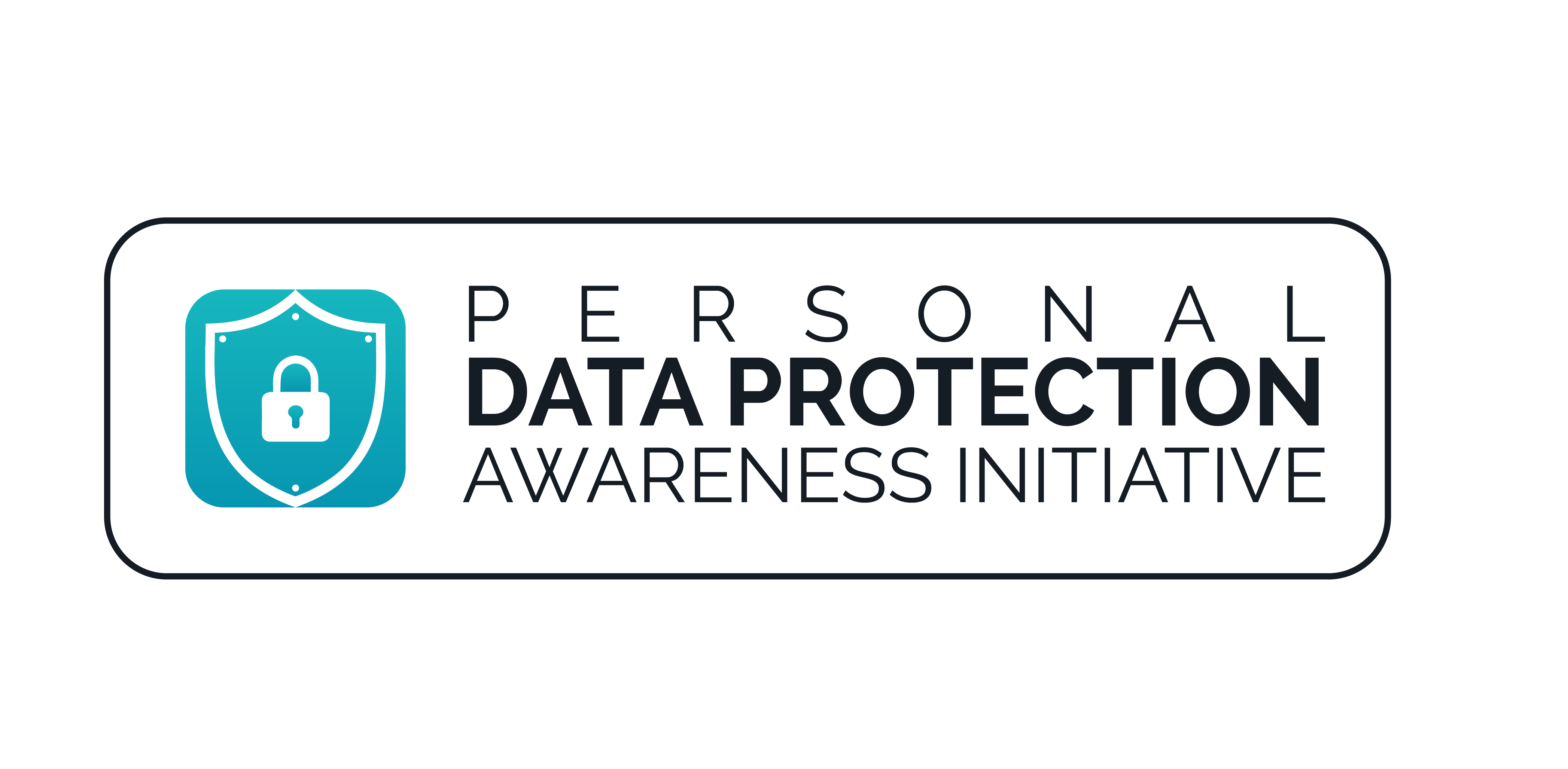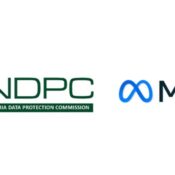
Protecting Personal Data: A Consumer’s Guide to Privacy
Introduction
In today’s digital age, constant data flow has become an everyday reality. With the increasing amount of personal information being shared online, it can often feel like an individual’s privacy is slipping away. As a result, safeguarding personal data has become more crucial than ever. It is important to take control of your online privacy and protect it from potential threats.
In this article, we will explore the digital wilderness and how consumers can navigate it safely and securely. From online security practices to the latest privacy laws, we’ll provide you with the information you need to stay protected in the ever-evolving digital world.
The Digital Footprint
In the current digital era, your online presence is comparable to your shadow; it follows you everywhere and reflects your digital identity. Every time you perform an online search, visit a website, make a purchase, or use an application, you leave a digital footprint. Businesses, advertisers, and cyber criminals collect, analyze, and use this information to target you with personalized content, sell your information to third parties, and commit identity theft. Consequently, you must be aware of your digital footprint, comprehend what information is being shared, and take the necessary precautions to protect your online privacy.
Privacy, the Vanishing Act
Nowadays, privacy has become a rare commodity, and it’s no longer the same as it used to be. However, there are still ways to safeguard your personal data from prying eyes and unauthorized access. It’s crucial to protect your privacy, especially in this digital age where data breaches are becoming more frequent. Here are some practical steps you can take to safeguard your privacy:
- Master Your Privacy Settings
In today’s digital age, it’s important to be aware of the privacy settings on your smartphone, social media accounts, and apps. By diving into these settings, you can control what you share and limit the data you give away. For example, you can customize your preferences for location tracking and ad personalization to ensure you only share the information you’re comfortable with. Additionally, you can adjust your notification settings to reduce the data collected about your online activity. These steps can help you protect your privacy and ensure your personal information stays safe and secure.
- Secure Your Passwords
Your password is the first defense against unauthorized access to your personal data. It serves as the gatekeeper to your digital kingdom, protecting your sensitive information from prying eyes, cybercriminals, and identity thieves. To ensure maximum security, it’s important to create a strong and unique password that’s difficult for others to guess or crack. Avoid using obvious phrases, such as “password” or “123456,” and instead use a combination of uppercase and lowercase letters, numbers, and symbols to make your password more complex.
In addition to creating a strong password, it’s also crucial to update it regularly to prevent unauthorized access to your accounts. Consider changing your password every three to six months to minimize the risk of a security breach. Remember, taking these simple steps can go a long way in safeguarding your personal data and keeping you safe online.
- Embrace Encryption
In today’s world, where privacy is a major concern, end-to-end encryption is a reliable way to secure your conversations. When you use apps such as Signal or WhatsApp, your messages are transformed into an encoded format that can be decoded only by you and the person you are communicating with. This means that your messages are not accessible to anyone else, including the app’s service provider. It is always advisable to use encrypted communication platforms when discussing sensitive matters, such as financial information or personal details. By using end-to-end encryption, you can ensure that your conversations remain private and that your information is secure.
- Say ‘No’ to Cookies
When you come across those web pop-ups asking for your consent to use cookies, it’s important to understand that you have a choice. You don’t have to consent to every website or service that requests it. Take some time to be selective about which websites and services you grant permission to collect your data. Consider the reasons why they are collecting it and whether it is necessary for your use of their site or service. By being more discerning about who you allow to collect your data, you can better protect your privacy online.
- Beware of Phishing Attempts
It is crucial to always exercise caution when interacting with links or providing personal information to individuals or organizations that are unfamiliar to you. Phishing attacks have become increasingly complex and sophisticated, often masquerading as legitimate sources. It is important to be vigilant and verify the authenticity of any requests for personal information or links before clicking on them. By taking these necessary steps, you can protect yourself from potential scams and safeguard your personal information.
- Keep Your Software Updated
It is essential to regularly install updates to keep your operating system and applications current. These updates frequently include crucial security patches that address known vulnerabilities and safeguard your data against potential threats. By updating your system and applications on a regular basis, you can ensure that your device is equipped with the most recent security features and remain protected from emerging security threats.
- Limit Sharing on Social Media
Social media has become an integral part of our daily lives. However, it is crucial to think twice before sharing any personal information on these platforms. Information such as birthdays, addresses, and other personal details can be exploited by cybercriminals. They can use this information to steal your identity, commit fraud, or even gain access to your financial accounts. Therefore, it is essential to be mindful of the information you share online and take necessary steps to protect your privacy and security.
- Read Privacy Policies
When you plan to use any application or service, it is highly recommended to go through their privacy policy document. Take a moment to read it carefully and understand how your personal information will be collected, processed, stored, and shared. Pay attention to the types of data that are being collected, who they will be shared with, and how they will be used. This will help you make an informed decision about whether or not to use the app or service, and will also ensure that you are aware of how your data is being handled.
Conclusion
Protecting your personal data is crucial, and it’s not just a one-time battle. It’s an ongoing journey that demands your attention and care. The digital landscape can be treacherous, with hackers and cybercriminals looking for ways to access your data. However, by staying informed and following best practices, you can navigate the digital world safely.
Your privacy is your right, and it’s more important than ever to safeguard it. Your personal information, such as your name, address, phone number, and financial details, can be used for various purposes, including identity theft, fraud, and phishing scams. Therefore, it’s essential to take control of your digital footprint by being mindful of the data you share online and the privacy settings you enable. By following best practices and staying informed, you can take control of your digital footprint and ensure that your data remains safe.



